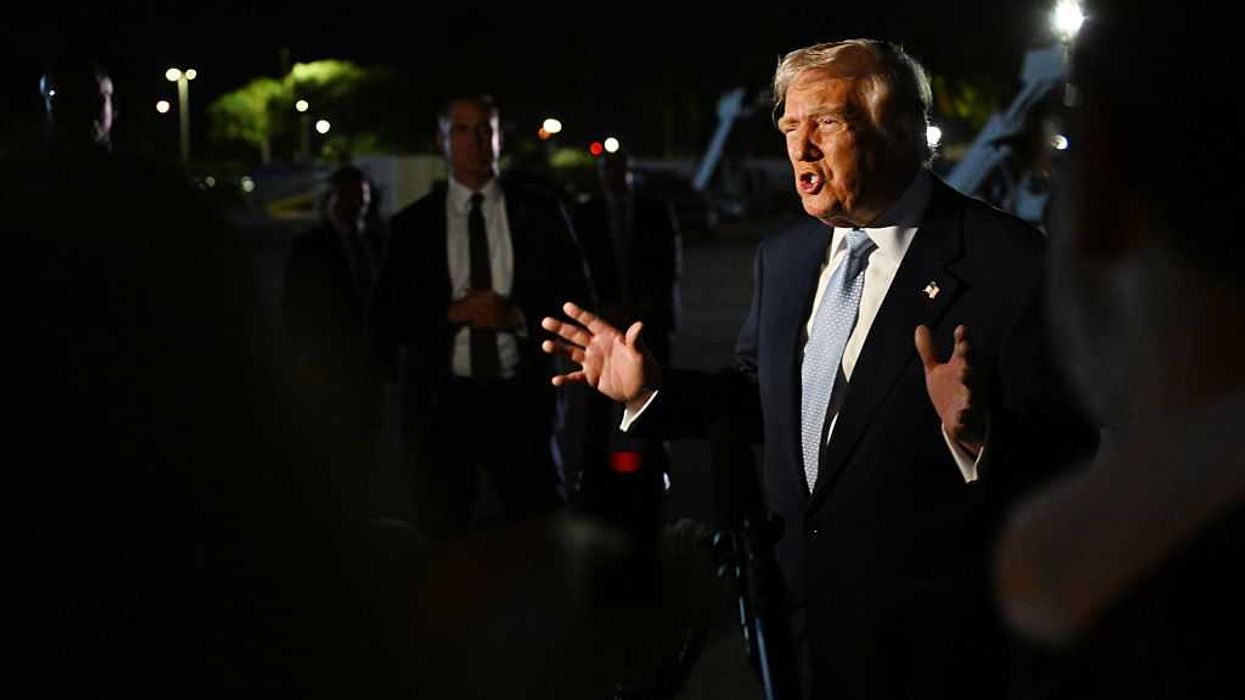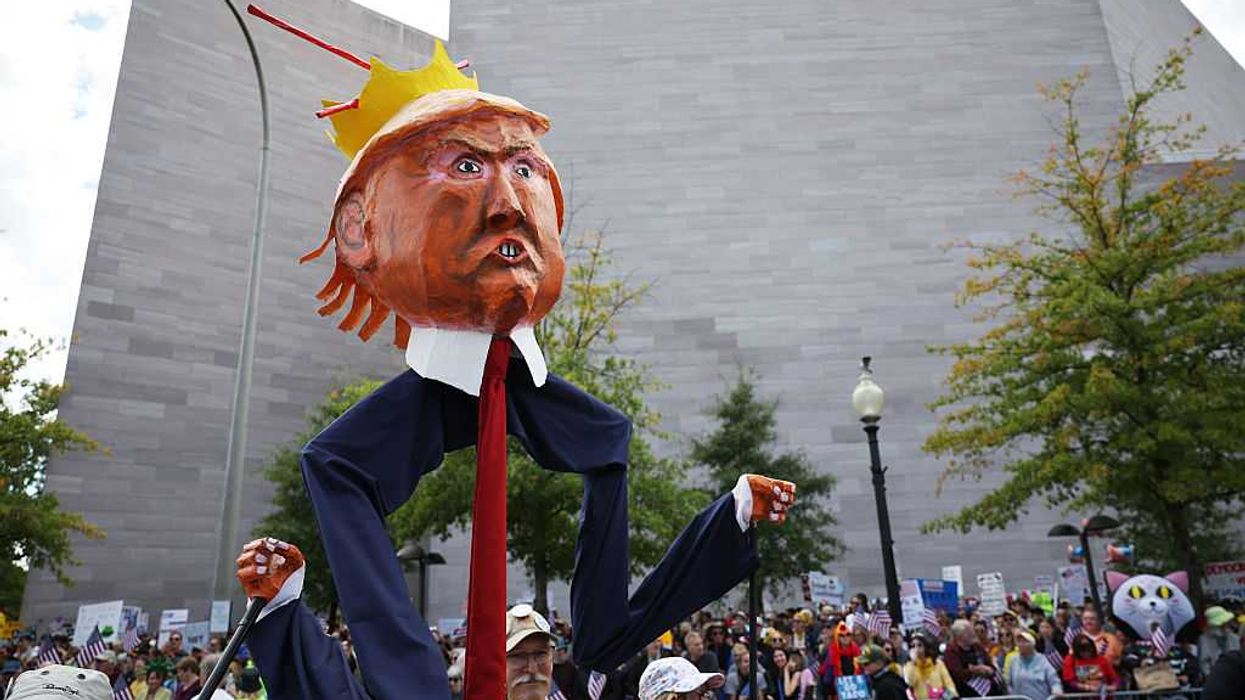From the Capitol to Facebook to the dining room table, the political divide in the United States continues to grow. Casual conversations turn into shouting matches. Others cease altogether, leaving everyone unable to share their perspectives and learn from someone with other experiences.
Tyler Storlie found inspiration in one of these episodes, when a conversation with his dad spiraled from agreement to heated political argument. He wondered why having slightly different world views caused such frustrating battles. That's when he decided to write a children's book, "Two Tribes," which tells the story of two groups fighting constantly over the best way to help their shared village.
The Fulcrum had a chance to sit down with Storlie to talk about his new book, and why it's important for Americans young and old.
The Fulcrum: What are you hoping readers take away from your book?
Tyler Storlie: I'm hoping it will let people step back from their position and see the bigger picture, that the country has become really divided into two groups of people, mostly. And they're fighting against each other. The more they fight each other, the further and further they get apart and it's damaging for everybody involved.
That's how the metaphor in the book is portrayed. The message that I hope people take away is that we need to step back from our own perspective, see the bigger picture, try to understand the other side. Hopefully people can become a little less polarized, a little more civil and come to understand one another better.
How does this message translate to kids?
The book is simple enough that even a young child can understand what's going on in the story without necessarily the political metaphor. The big thing is how do you resolve conflict, why is it that people disagree about certain things, and how do you deal with the fact that people do disagree. People see the world differently. How do you communicate with them, come to understand them, and move forward in some way?
For kids, I think it's mostly about communication skills, listening skills, conflict resolution, and understanding that people have different perspectives. Often when we disagree, we get in the way of ourselves and of helping those we disagree with. So, that's the more simple, less political message that anybody can take away from the book.
How'd you come up with the idea for the people in the book?
I wanted it to be two tribes of people to play on the tribalism metaphor. The left-leaners and the right-leaners, of course, referencing to our left and right politics. But I wanted to have a physical representation of a bias so that people could see that in a visual way. In the story, because each side leans to one side, they end of physically moving apart from each other and working against each other.
Why a children's story?
It's a really simple metaphor, so a children's story is the easiest way to tell it. It's a lesson that most people in [the United States] haven't really learned or never adopted. I'm hoping this is something that we can implant in our kids, so that they are a little bit less polarized when they become voting adults.
And it sort of pokes fun at how tribal and aggressive our politics have become. I think a lot of people may have the same perspective that I do. When they watch the news, they think, "My gosh, this is so childish. These people just yelling at each other and calling each other names."
If you could send a copy of this book to anyone, who would it be and why?
I'd love to send it to every mainstream news host and every politician out there. To me, our political system right now is not in trouble because of any one person or any one party. Obviously, it's a much bigger problem. There [are] many problems that have caused things to become so chaotic, so I couldn't pick a single person, but there's plenty on the list.
What has been the biggest surprise about writing the book?
I've been pleasantly surprised by the amount of support about the book, but also shocked by the amount of animosity and hatred by people accusing me of being super politically driven. I've been called a Nazi sympathizer, a facist, an endoctrinator of children and all sorts of crazy names. Which, I think, speaks ironically to the point of the book. It's just been very surprising to me to see how polarized people really are about all of this stuff.
I hope people can find it in them to meet people on the other side and try to find some common ground because right now I think so many people are convinced that anyone who doesn't agree with them must be evil or malicious, and I really don't think that's the reality of it.
"Two Tribes" can be pre-ordered on Kickstarter. It will be published in August.


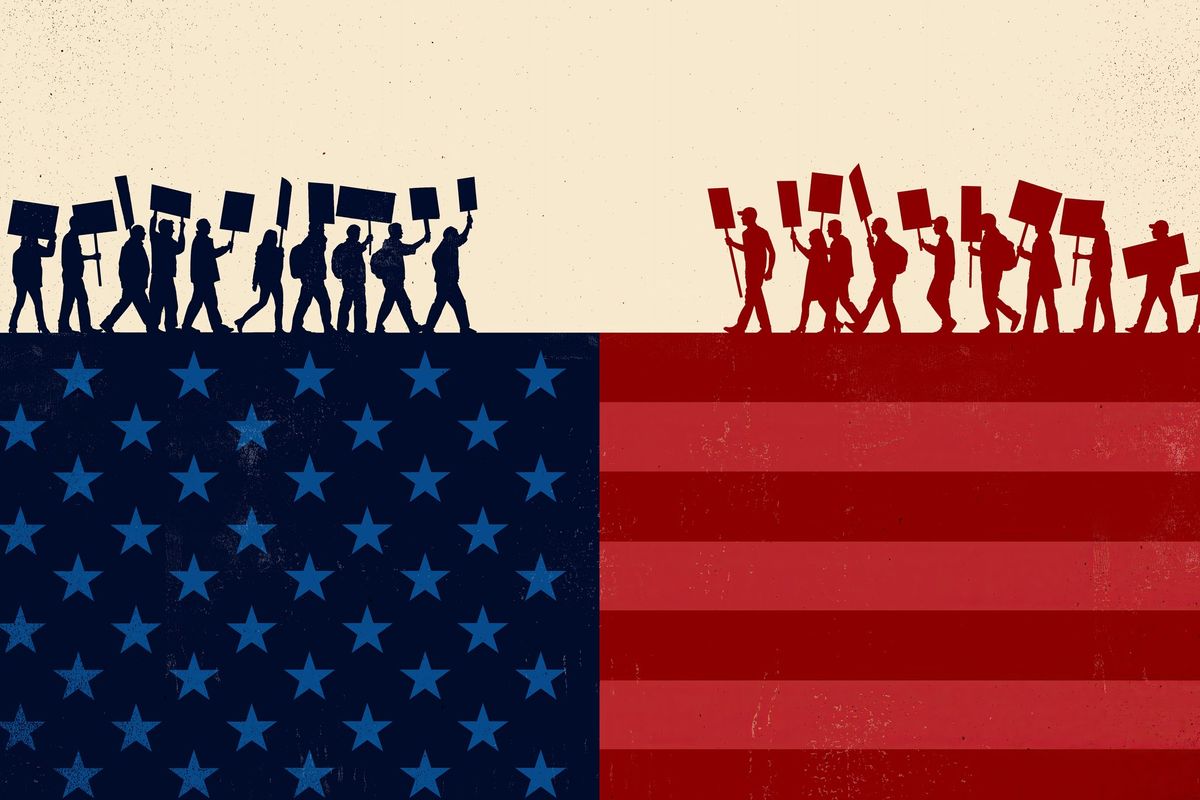


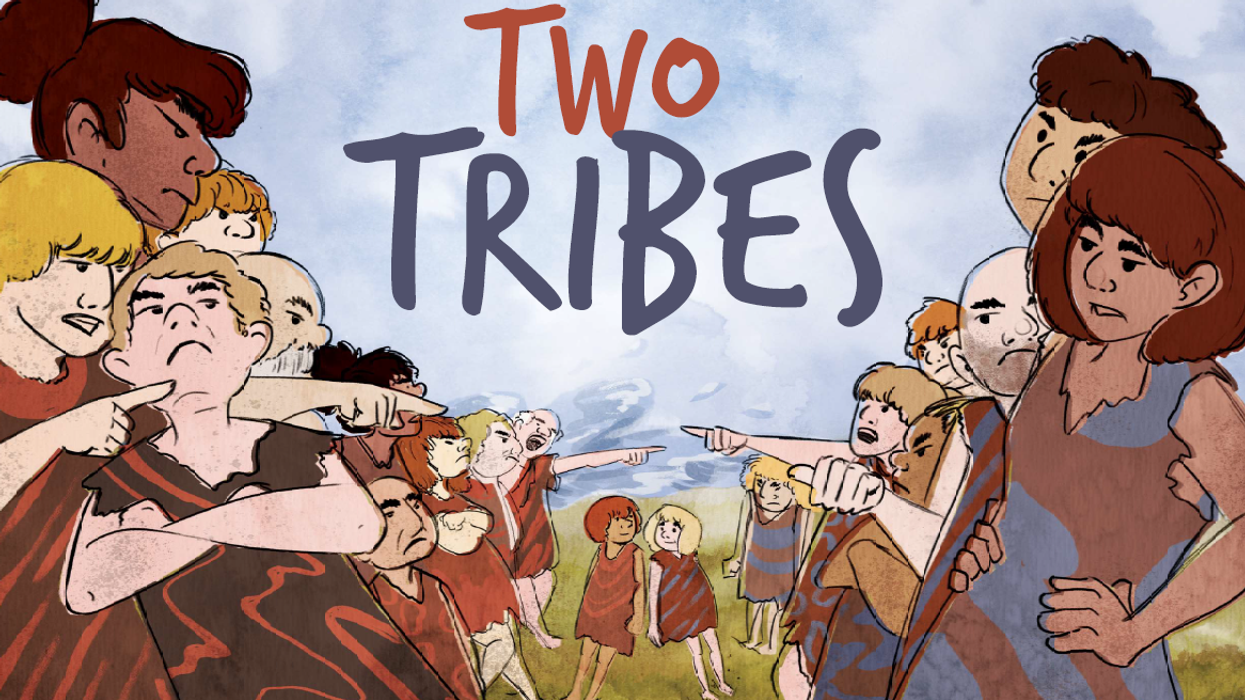

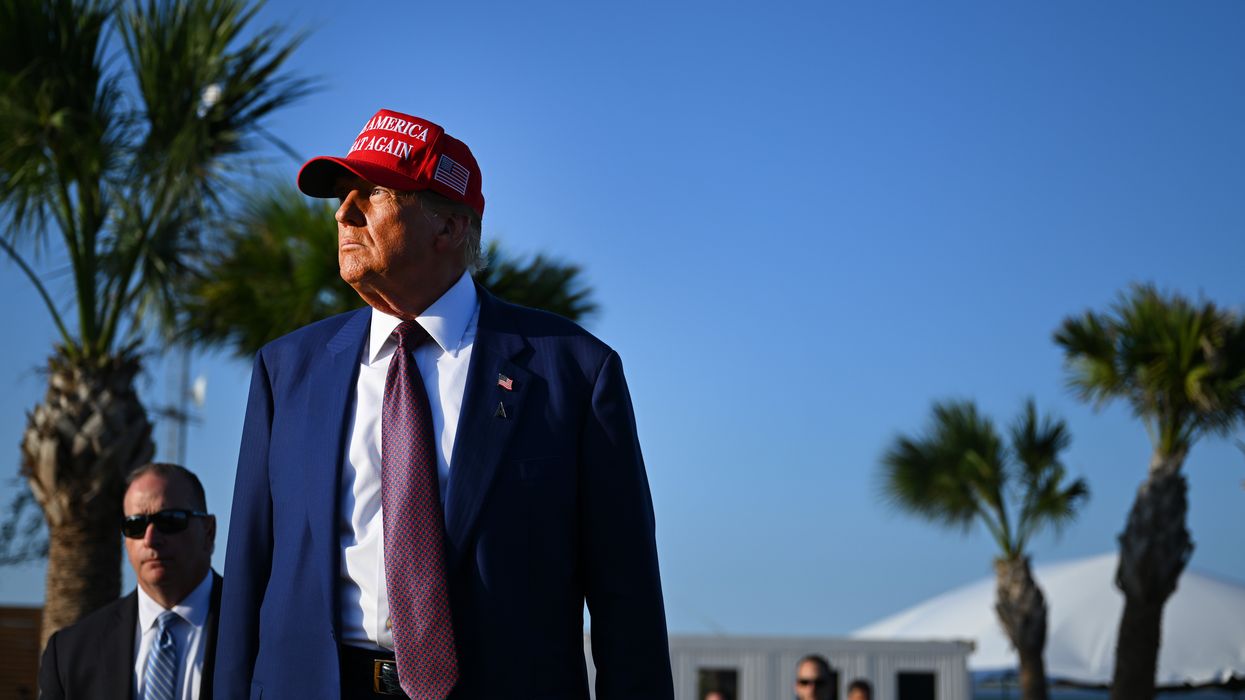


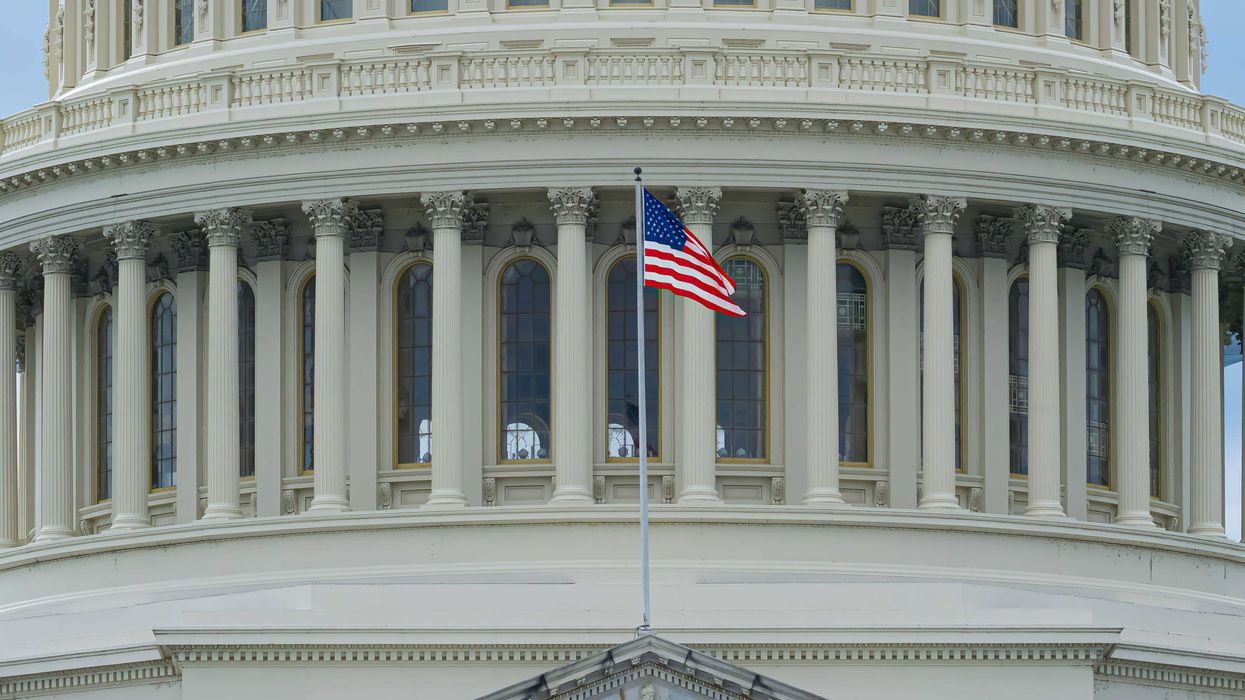
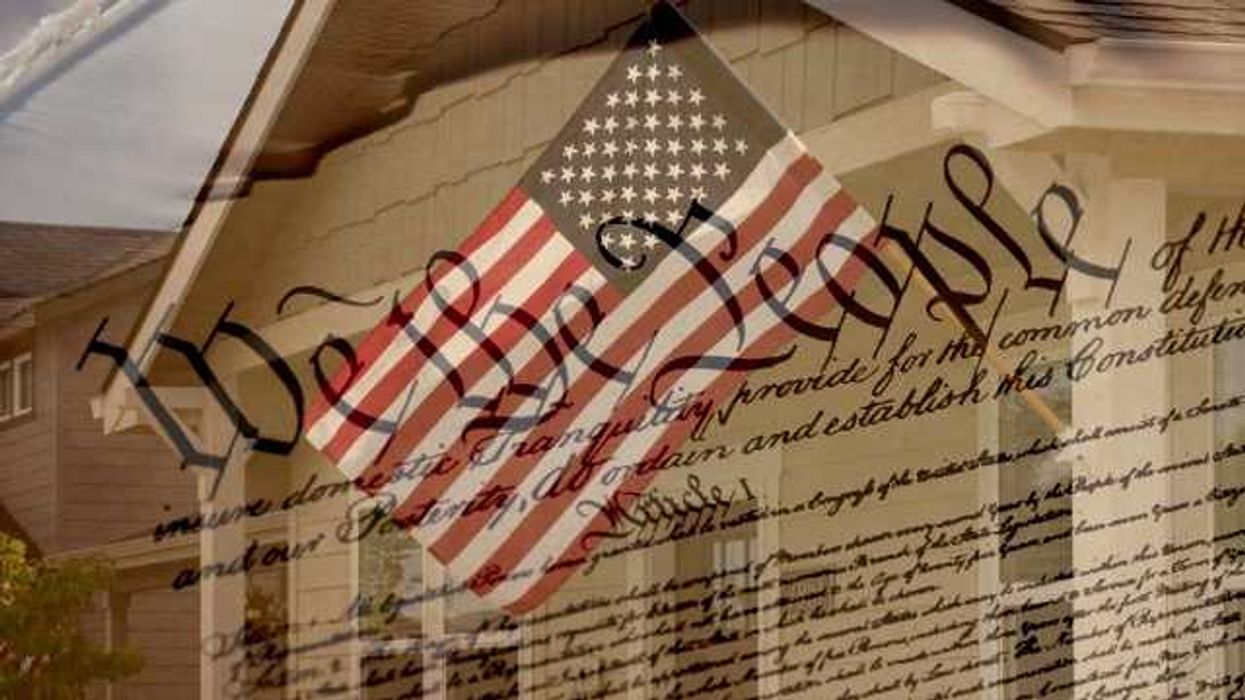
 Shannon Gormley, Rhode Island Public Schools
Shannon Gormley, Rhode Island Public Schools Les Sinclair, Blue Ridge Area Food Bank
Les Sinclair, Blue Ridge Area Food Bank Elena Casillas Hoffman,
Elena Casillas Hoffman, 
 Darrious Hilmon, Executive Director, CAN-TV
Darrious Hilmon, Executive Director, CAN-TV



